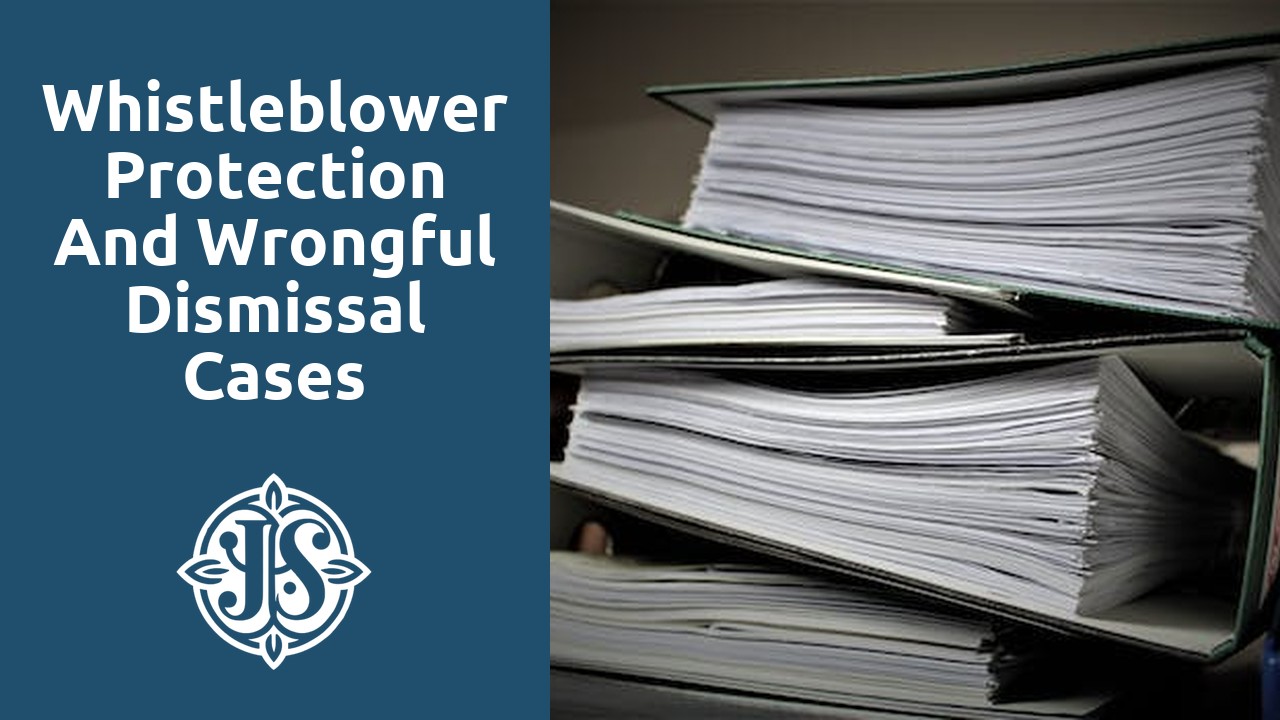Contents
- 1 Understanding the Costs of Acquiring Property in Canada
- 2 Unveiling the Complexities of Property Transfer Fees
- 3 Essential Considerations for Canadian Homebuyers
- 4 Exploring the Financial Implications of Land Ownership
- 5 Expert Insights on Property Taxes for Canadian Buyers
- 6 Demystifying the Process of Land Transfer Tax Calculation
Table Of Contents
Understanding the Costs of Acquiring Property in Canada
When it comes to acquiring property in Canada, it’s important for prospective homebuyers to have a clear understanding of the associated costs. Buying a home is a significant financial commitment, and it’s crucial to be prepared and have a comprehensive understanding of the expenses involved. In addition to the purchase price of the property itself, buyers must also consider additional costs such as land transfer taxes, legal fees, and other closing costs. These expenses can vary depending on the province or territory in which the property is located, making it essential for buyers to do their research and understand the specific regulations and requirements in their area.
One of the significant costs that homebuyers need to be aware of is the land transfer tax. This tax is imposed by the provincial or territorial government and is typically paid by the buyer upon acquiring a property. The amount of the land transfer tax is based on the purchase price of the property and is calculated as a percentage of the total purchase amount. It’s important to note that each province or territory has its own set of rules and regulations regarding land transfer taxes, so it’s essential to consult with a real estate professional or legal advisor to understand the specific requirements in your area. Additionally, some provinces offer tax rebates or exemptions for first-time homebuyers, so it’s worth exploring these options to mitigate the overall cost of acquiring property.
Unveiling the Complexities of Property Transfer Fees
Property transfer fees can be a complex and often misunderstood aspect of buying a home in Canada. These fees, also known as conveyancing fees or closing costs, are the charges associated with transferring the legal ownership of a property from the seller to the buyer. While the exact fees vary depending on the province or territory, they generally include costs such as legal fees, title searches, title insurance, and land registration fees.
One of the key complexities of property transfer fees is the variation in rates across different provinces and territories. Each region in Canada sets its own fee structure, making it important for homebuyers to research and understand the specific rules and regulations in their desired location. Additionally, some areas may have additional fees or exemptions depending on factors such as the value of the property, whether it is a first-time home purchase, or if the property is located in a designated urban growth area. The complexity of these fees highlights the need for buyers to consult with a knowledgeable real estate agent or lawyer who can guide them through the process and ensure they are aware of all the associated costs.
Essential Considerations for Canadian Homebuyers
Before diving into the process of purchasing a property in Canada, there are a few essential considerations that every Canadian homebuyer should be aware of. Firstly, it is important to have a clear understanding of your financial capabilities and limitations. Determine your budget and ensure that you have enough funds to cover not just the purchase price of the property, but also the associated costs such as legal fees, home inspections, and land transfer taxes. Having a grasp on your financial situation will help you make informed decisions throughout the home-buying process.
Secondly, familiarize yourself with the real estate market in the area where you plan to buy a property. Research recent sales data and trends to get an idea of the current market conditions. This information will help you determine whether it is a buyer’s market or a seller’s market, and enable you to negotiate effectively with sellers. Additionally, understanding the market will also give you an idea of the potential for future property value appreciation, which is crucial for long-term investment purposes. Taking the time to research the market will empower you as a buyer and increase your chances of making a wise investment decision.
Exploring the Financial Implications of Land Ownership
Exploring the Financial Implications of Land Ownership
When it comes to purchasing a property in Canada, it is crucial to consider the financial implications of land ownership. Beyond the initial purchase price, there are several ongoing expenses that homeowners need to be prepared for. One such expense is property taxes, which can vary significantly based on factors such as location, property value, and municipal bylaws. These taxes are usually calculated as a percentage of the property’s assessed value and are collected annually by the municipal government. It is essential for homebuyers to research and understand the property tax rates in their desired location to accurately budget for this expense.
Another significant financial implication of land ownership is the cost of maintaining the property. Homeowners must be prepared for expenses such as repairs, renovations, and general maintenance. These costs can vary greatly depending on the age and condition of the property, as well as any unique features or landscaping. It is advisable for homebuyers to conduct a thorough inspection of the property and obtain professional advice to estimate potential repair and maintenance costs. Having an emergency fund or allocating a portion of the budget specifically for these expenses can help alleviate any financial stress that may arise from unexpected repairs or maintenance.
Expert Insights on Property Taxes for Canadian Buyers
Expert Insights on Property Taxes for Canadian Buyers
When it comes to property taxes, Canadian buyers should consider various factors to make informed decisions. One key aspect to keep in mind is the difference in property tax rates across different provinces and cities. It is crucial for individuals to research and understand the local property tax rates applicable to the specific area where they plan to purchase a property. This will help potential buyers estimate the annual property tax they will be liable for and factor it into their budget. Additionally, consulting with a real estate professional or tax advisor can provide valuable insights and guidance on navigating the complexities of property tax regulations in different regions of Canada.
Another important consideration for Canadian homebuyers is understanding the potential for property tax assessments to increase over time. Municipalities regularly assess properties for tax purposes, which means that property taxes can fluctuate from year to year. It is essential for buyers to be aware of this potential increase and consider it when budgeting for their new property. Staying informed about the local property market and changes in assessment procedures can help buyers anticipate and plan for any potential increases in property taxes. Ultimately, being knowledgeable about property tax regulations and seeking expert insights can empower Canadian buyers to make sound financial decisions regarding property ownership.
Demystifying the Process of Land Transfer Tax Calculation
Demystifying the Process of Land Transfer Tax Calculation
Calculating land transfer taxes can often feel like a daunting task for first-time homebuyers in Canada. However, understanding the process is paramount to making informed decisions regarding the affordability of a property. In simple terms, land transfer tax is a fee imposed by the provincial or municipal government when ownership of property changes hands. It is a one-time payment, paid by the buyer, and is typically based on the purchase price of the property. However, it is important to note that the tax rate and calculation method vary from province to province.
To demystify the process of land transfer tax calculation, it is crucial to familiarize yourself with the specific rules and regulations of the province where the property is located. In most cases, the calculation is based on a sliding scale, where the tax rate increases as the purchase price of the property rises. Some provinces also have a different tax rate for first-time homebuyers, providing them with certain exemptions or rebates. Additionally, there may be additional taxes and fees imposed by municipalities, such as the Municipal Land Transfer Tax in Toronto. Therefore, it is essential to consult with a knowledgeable real estate professional or seek guidance from the provincial government to ensure accurate calculations and avoid any surprises during the home buying process.
Related Links
Legal Strategies for Resolving Co-ownership Disputes in Real Estate
Pre-Construction Condo Purchases: Legal Considerations in Canada




